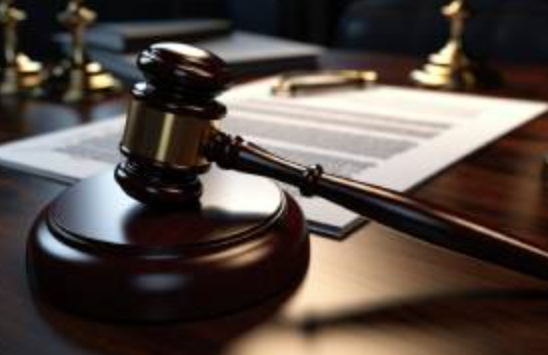Credit card debt can significantly impact various aspects of oneÕs financial life, from credit reports to access to personal funds. Many individuals worry about the effects of Credit Card Debt and Credit Report entries, while others are concerned about the possibility of bank holds resulting from unpaid debt. This article will discuss how credit card debt can influence credit reports and explain the concept of bank holds. Understanding these impacts is essential for anyone aiming to manage debt responsibly and avoid severe financial consequences.
The Relationship Between Credit Card Debt and Credit Report
When it comes to Credit Card Debt Settlement New Jersey entries, unpaid balances can have a considerable influence. Credit bureaus track an individualÕs payment history, and credit card companies regularly report missed or late payments. Over time, delinquent payments can result in negative marks on a credit report, which lowers the overall credit score. This makes it challenging to obtain new credit or secure loans, as lenders view a lower credit score as a clue of unstable finances. Furthermore, high credit card debt can also increase an individualÕs credit utilization ratio, which is a key factor in credit score calculations. A high utilization rate suggests to lenders that an individual may be overextended financially. People can keep credit card balances low and pay on time to protect their credit reports and keep a good credit score, which presents greater avenues of financial opportunity.
What Are Bank Holds Related to Credit Card Debt?
The term Credit Card Settlement Programs FL refers to the possibility of a creditor placing a hold on an individualÕs bank account if they have obtained a court judgment. A bank hold, sometimes known as a freeze, is a legal procedure enabling creditors to restrict access to funds in a debtorÕs account to recover unpaid debt. This action does not happen automatically; it generally requires the creditor to file a lawsuit and obtain a court order permitting the bank to enforce a hold. Once a bank hold is in place, individuals may be unable to withdraw funds or access their accounts, which can cause serious financial disruptions. For those who rely on their bank account, regarding basic needs like groceries or rent, a bank hold can lead to unmanageable situations. Knowing the circumstances under which a bank hold can occur helps individuals understand the importance of addressing credit card debt before it escalates to this stage.
Preventing Negative Impacts on Credit Reports and Bank Accounts
To avoid the negative effects on both credit reports and bank accounts, managing credit card debt is crucial. Simple steps, such as making consistent payments, setting up reminders, or arranging automatic payments, can help individuals stay current on their credit obligations. Many people find that creating a budget specifically to allocate funds for debt repayment is an effective strategy in reducing balances over time, preventing both negative credit reporting and potential bank holds. In cases where managing debt becomes challenging, individuals can seek assistance through credit counselling services or debt management programs. These services offer professional guidance on budgeting, repayment plans, and options to negotiate with creditors, ensuring that individuals can tackle their debt before it leads to bank holds or credit report damage. Acting proactively can protect oneÕs financial future and reduce the likelihood of severe legal actions from creditors.
The Role of Legal Support in Managing Debt Issues
For those facing potential bank holds or struggling with the effects of debt on their credit report, consulting a credit card attorney can provide valuable assistance. Attorneys specializing in credit card debt understand consumer protection laws and can guide individuals through complex situations. Legal professionals may help negotiate with creditors, preventing further action such as bank holds or assisting in disputing inaccuracies on credit reports that could unfairly lower credit scores. Seeking legal advice can also clarify options like debt settlement or, in extreme cases, bankruptcy. By understanding these alternatives, individuals can make wise choices, safeguarding their assets and matching with their financial objectives.
Conclusion
Retaining a decent quality hinges on debt control. Good credit record and avoidance of bank holds. Both Credit Card Debt and Credit Report entries and Credit Card Debt and Bank Holds can have lasting impacts on oneÕs financial stability if not addressed proactively. For other directions on handling credit card debt, begindeveloper.com/creditcardlegalclinic provides resources to help individuals navigate debt-related challenges. By staying informed and seeking professional assistance when needed, individuals can work toward financial security and protect their assets.


